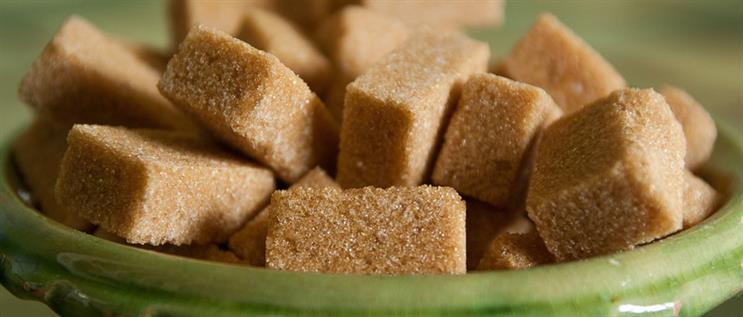Since George Osborne announced his tax on sugary drinks back in March – part of the Government’s fightback against childhood obesity – we have seen backlash from all quarters.
Coca-Cola UK boss Jon Woods came out last week to highlight the lack of evidence that the tax would have any impact on people’s behaviour. The Taxpayers' Alliance reinforced the argument that some of the most sugary drinks – such as chocolate milk - are exempt from the tax.
And the Institute for Economic Affairs has warned that the biggest drinks companies are likely to absorb the tax by just passing the cost on to low-sugar products – even bottled water – thereby missing the original aims.
But what are consumer attitudes to the tax? Our research has found that very little is likely to change in terms of everyday behaviour. The tax would only prompt 8% of fizzy drink consumers to buy a lot less than previously.
This is because many have changed their habits already – more than 50% of the fizzy drinks sold in the UK are already medium- or low-calorie.
While fizzy drinks were established as unhealthy years ago, other categories are rapidly falling into the same bracket. Fruit juices, unaffected by the tax, are the new baddie for many health-conscious consumers: 62% now view juices and smoothies as high in sugar.
It’s no surprise that the British Soft Drinks Association reported a 4.5% drop in juice sales in 2013 and a staggering 9.5% fall the year after.
Honesty is the best policy
More savoury foods are also coming under fire, with ready meals (48%) and tinned soup (43%) seen as high in sugar by many. And consider Tesco Finest ketchup, reported recently to contain 38.1g of sugar per 100g, higher than the 34g in the Belgian chocolate sauce from the same range.
This exposure of hidden sugar gained attention recently when Mars Foods decided to come clean about the sugar levels in its Dolmio and Uncle Ben’s brands.
Whereas sugar in Coke is old news, the Mars announcement shocked consumers and caused a wider reappraisal of food habits. A TNS survey immediately afterwards found that 33% said they would scrutinise food labels more carefully, while 31% said they would cook more home-prepared food.
As people become hyper-aware of this new "demon" category, brands need to respond sooner rather than later in the way they market their products. Being as open and transparent as possible is critical to avoid consumer backlash.
Meanwhile, 21% of people said they would look on Uncle Ben’s and Dolmio more favourably after the announcement, suggesting that for some consumers at least, honesty is the best policy.
Gone are the days when using words like "wholesome", "wellbeing" and "fresh" in ads about high-sugar products will go unexamined by media, campaign groups and consumers.
Even more subtle messages through images or photos of healthy, happy consumers are at risk of being scrutinised as potentially misleading.
Manufacturers should get ahead of the game
All this suggests that knowledge is power: big changes to people’s habits don’t come from a tax on an already demonised category, but from new information that exposes an unexpected hazard in a previously trusted food.
Manufacturers of yoghurt, baked beans and breakfast cereals should act now before that spotlight falls on them, as it undoubtedly will.
Instead of fighting a too-late rear-guard action against a tax or a PR scandal, brands should make sure they prepare their portfolios carefully.
In the same way that most fizzy drinks are now low- or medium-calorie, these categories need to lead from the front by proactively providing healthier options and researching the feasibility of new sweeteners such as stevia.
After all, this is the only real way to change overall sugar consumption. Food companies are already investing heavily in R&D in this area and "salami-slicing" certain products, gradually removing salt, fat and sugar.
When it comes to branding, it’s about being open about recommended portion sizes and how often something should be consumed.
Looking to the future, this could just be the tip of the iceberg. Instead of focusing on the red herring of the sugar tax, shrewd manufacturers should ask where the spotlight will fall next to get ahead of the game.


